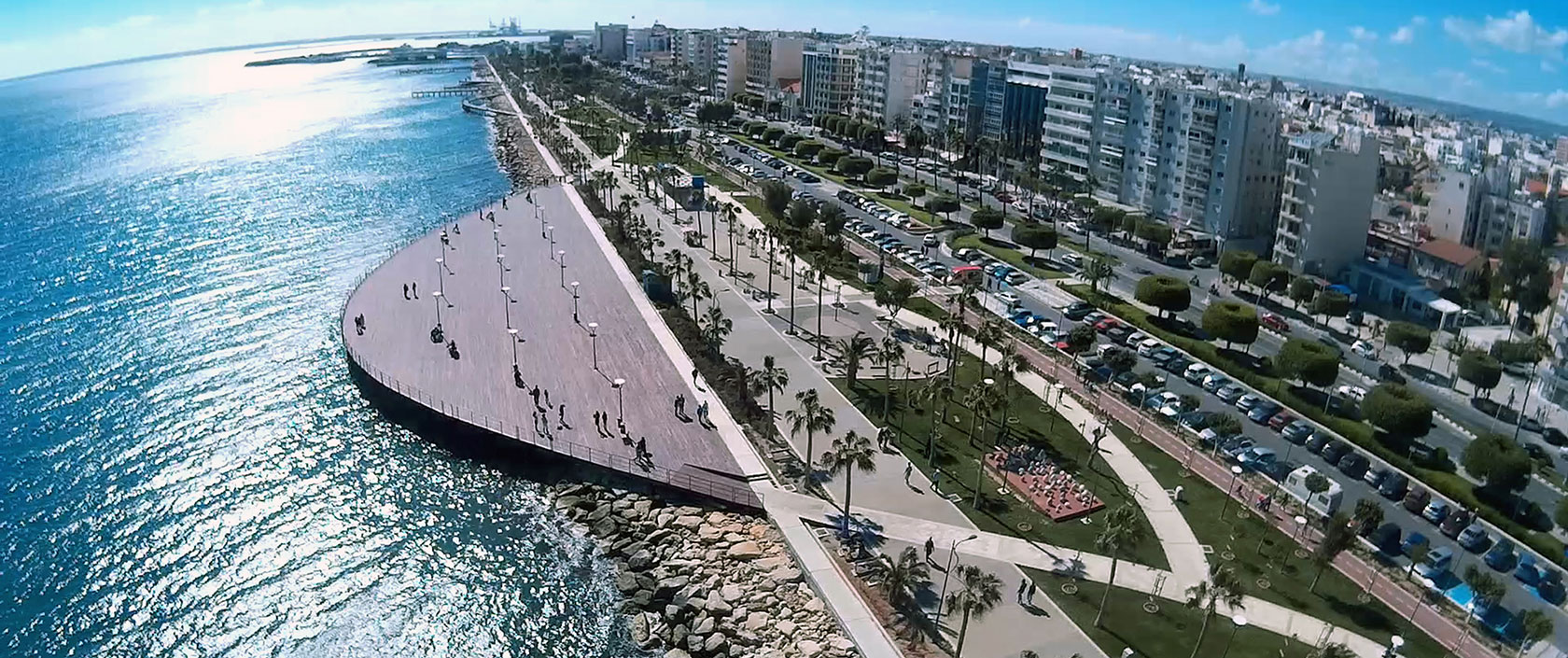Petrol prices in Cyprus have begun to rise as a result of the ongoing conflict between Iran and Israel, with petrol station owners’ association chairman Savvas Prokopiou on Thursday saying two importing companies had raised their wholesale prices the previous day.
Speaking to the Cyprus News Agency, he added that he expects Cyprus’ remaining fuel importers to “follow suit today or tomorrow”.
He was, however, keen to offer reassurances that prices should not increase continuously, even in the event that the conflict continues into the coming weeks.
“I believe that we will have a slight increase in prices, but I hope they will stop there, because we are seeing a stabilisation in the international price of oil,” he said. As of Thursday, the price of oil is around US$75 per barrel.
On the matter of consumer fuel prices, he also pointed out that the government’s new “green tax” on fuel is expected to be introduced at the end of the month, with it having been previously estimated that the new tax will increase the retail price of petrol by just short of six cents per litre.
“We hope the government will have second thoughts and postpone the imposition of this tax on fuel, due to the situation,” he said, in reference to the Middle East conflict.
Prokopiou’s comments come after the energy ministry had at the weekend called on oil traders to demonstrate the “maximum responsibility”.
The ministry said that in the event that companies in Cyprus attempt to sell fuel at prices which are “not justified” by global price increases, the consumer protection service will “immediately recommend to the minister [George Papanastasiou] that measures be adopted”.
“It appeals to all oil trading companies to demonstrate the maximum responsibility and to avoid pricing practices which do not reflect the actual market data,” the ministry said.
“Ensuring transparency and protecting consumer rights are the ministry’s highest priorities,” it added, saying that it maintains “full operational readiness for immediate intervention if deemed necessary”.
Meanwhile, multiple reports had suggested that Iran was considering blockading the Strait of Hormuz, a chokepoint between the most northerly point of Oman and Iran’s southern coast, which provides the only seaborne access between the Persian Gulf and the open ocean.
Iran’s state-run Press TV quoted Iranian MP Esmaeil Kowsari as having said that Iran is “considering” blocking the strait.
Euronews wrote that around 20 per cent of global oil passes through the Strait of Hormuz, including European imports from Saudi Arabia, Qatar and the United Arab Emirates.
As such, if the strait were to be closed, energy prices would spike, and Europe could face energy shortages.







Click here to change your cookie preferences